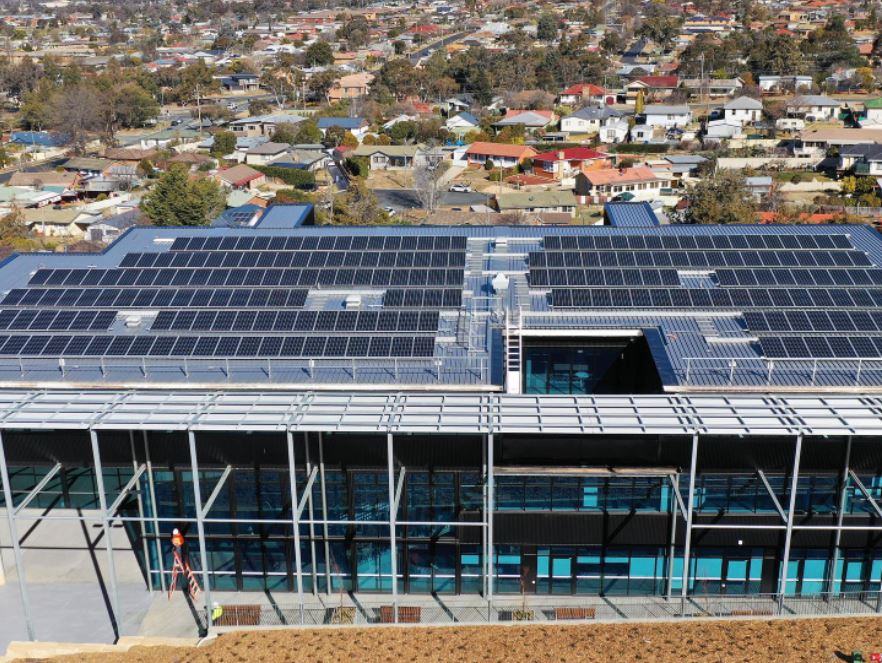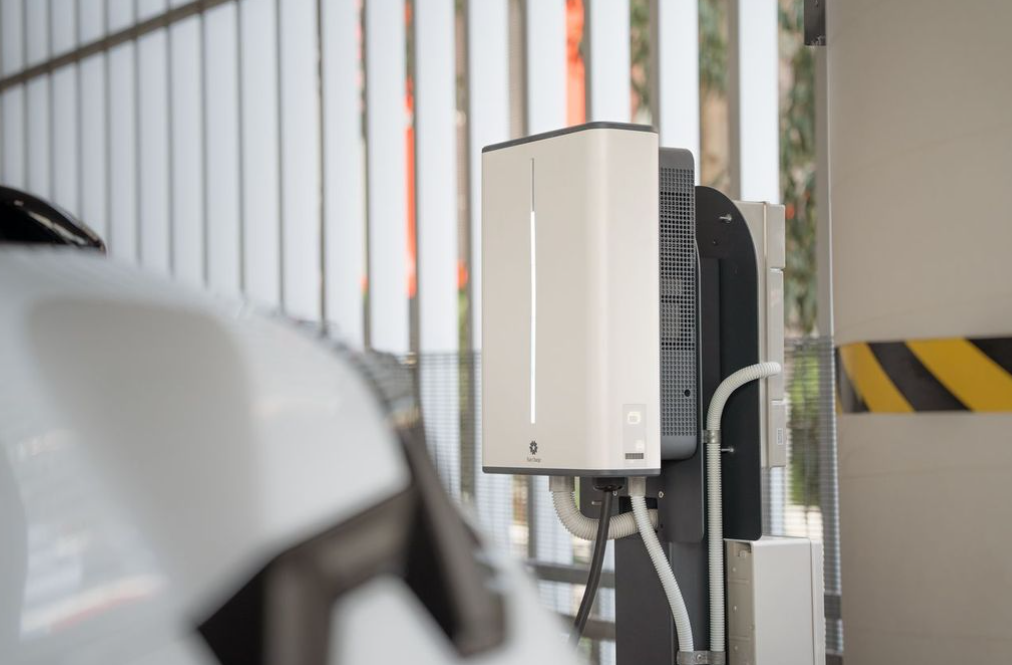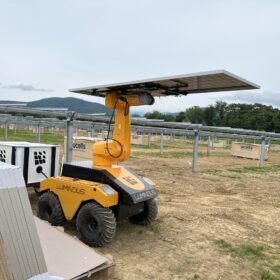The New South Wales (NSW) government’s Smart Energy Schools Pilot Project kicked off in 2020 as a testing ground to find the most effective way to deploy renewable energy across NSW public schools. The first two stages of the project tested the use of solar and battery storage systems along with Virtual Power Plant (VPP) technology across 60 public schools.
Now the NSW government has opened an Expressions of Interest (EOI) process for proposals to finance, deliver and operate renewable energy systems across 2,200 public schools across the state.
School Infrastructure NSW, which manages the Smart Energy Schools Pilot Project, believes such a solution could be facilitated as part of a long-term Power Purchase Agreement (PPA), though it is open to alternative models. For instance, proposals may include the management of electric vehicle charging or other such behind the meter solutions.
A project of this size could have a significant impact if integrated with emerging vehicle-to-grid technology. According to a statement from the NSW government, this EOI process could prove the largest exercise of its kind in Australia – the largest in terms of the number of potential behind the meter sites, and in terms of volume.
“With roof space equivalent to around 500 Sydney Cricket Grounds available across 2,200 NSW public schools, this exercise will help us harness the power potential of our schools,” said NSW Treasurer and Minister for Energy Matt Kean.
However, Kean noted the necessity to “be smart about how we finance and operate these resources so we maximise the financial returns for NSW and help make the electricity system more secure.”
NSW Minister for Education and Early Learning Sarah Mitchell added that the ultimate goal of the project is to “reduce our state’s carbon emissions, cut school electricity costs and help students to learn more about renewable energy.”
The NSW government asks that non-binding proposals be submitted by the end of 2022, with shortlisted respondents to be invited into a final offer process in 2023. Interested parties can register their proposals here.
This content is protected by copyright and may not be reused. If you want to cooperate with us and would like to reuse some of our content, please contact: editors@pv-magazine.com.









By submitting this form you agree to pv magazine using your data for the purposes of publishing your comment.
Your personal data will only be disclosed or otherwise transmitted to third parties for the purposes of spam filtering or if this is necessary for technical maintenance of the website. Any other transfer to third parties will not take place unless this is justified on the basis of applicable data protection regulations or if pv magazine is legally obliged to do so.
You may revoke this consent at any time with effect for the future, in which case your personal data will be deleted immediately. Otherwise, your data will be deleted if pv magazine has processed your request or the purpose of data storage is fulfilled.
Further information on data privacy can be found in our Data Protection Policy.